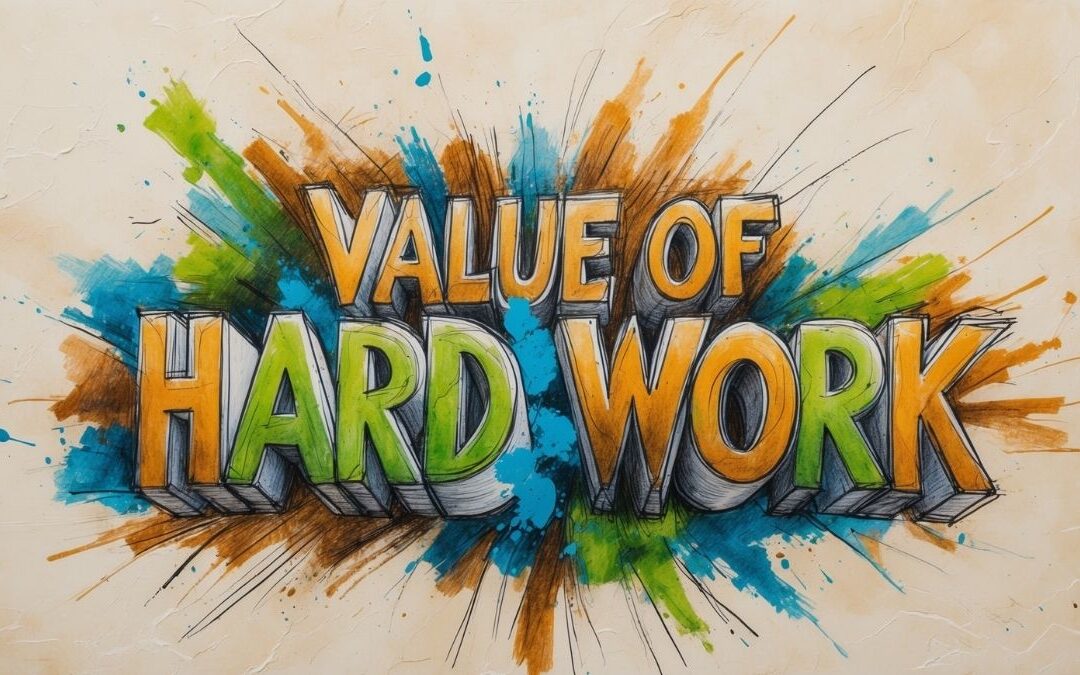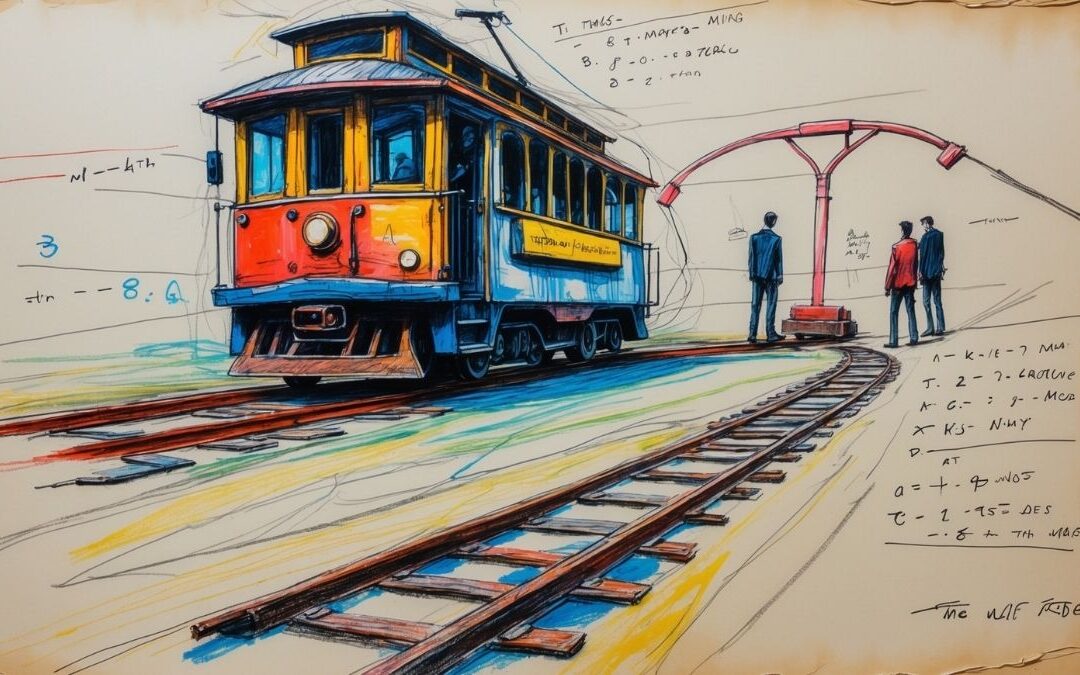- Episode Audio
- The Good Friday Agreement
- Episode Script
- Why Should You Care?
- Key Takeaways
- Keywords and Definitions
- Frequently Asked Questions
- How did the Good Friday Agreement address the issue of Northern Ireland’s political status?
- What were the major challenges in negotiating the Good Friday Agreement?
- How has the Good Friday Agreement impacted the relationship between the Republic of Ireland and the UK?
- What role did international actors play in the Good Friday Agreement?
- How is the Good Friday Agreement relevant to current global conflicts?
- Myth Buster
- The Good Friday Agreement was solely a British-Irish initiative.
- The Agreement immediately ended all violence in Northern Ireland.
- The Agreement was universally accepted in Northern Ireland.
- The Agreement has permanently resolved all issues in Northern Ireland.
- The Agreement only involved political and territorial issues.
- Let’s Talk
- Quiz
Join Danny on English Plus Express for a deep dive into one of history’s most remarkable peace achievements – The Good Friday Agreement. This episode, titled “Triumph of Peace in Turmoil: The Good Friday Agreement Story,” explores how peace was forged against all odds, ending the long-standing conflict known as the Troubles in Northern Ireland. Discover the power of negotiation, the art of compromise, and the enduring impact of peace agreements through real-life examples. Tune in for an inspiring journey that not only educates but also encourages listeners to apply these lessons in their own lives for a more peaceful world.
Episode Audio
The Good Friday Agreement
Episode Script
Welcome to English Plus Express, I’m your host Danny, and today we’re embarking on a fascinating journey through history, politics, and the human spirit’s resilience. Our episode, “Against All Odds: The Good Friday Agreement,” delves into how peace, often seeming like a distant dream in conflict-ridden areas, can become a reality.
Let’s set the scene. Northern Ireland, late 20th century, a region engulfed in a conflict known as the Troubles – a brutal, decades-long period marked by sectarian violence, political strife, and a deep-rooted division between nationalists and unionists. Now, imagine finding peace in such a scenario. Seems impossible, right? Well, that’s where our story begins.
The Good Friday Agreement of 1998, a monumental peace agreement, didn’t just emerge out of thin air. It was the result of tireless efforts, intense negotiations, and a collective desire to end the cycle of violence. The key players – the British and Irish governments, along with Northern Ireland’s political parties – showcased an incredible example of what can be achieved when there’s a will to find common ground.
Now, here’s where it gets interesting. The agreement involved complex issues like self-determination, civil and cultural rights, decommissioning of arms, and the release of prisoners. It sounds like a recipe for disagreement, right? But through a blend of political acumen and a genuine commitment to peace, these hurdles were overcome.
Let’s not forget the public’s role. In a remarkable display of democracy, the agreement was put to a referendum, where it received overwhelming support from both sides of the community. This wasn’t just a political victory; it was a triumph of the people’s will.
The impact of the Good Friday Agreement extends beyond just ending the Troubles. It’s a beacon of hope, showing that even in the darkest times, peace is possible. It teaches us the power of dialogue, the importance of empathy, and the value of understanding different perspectives.
So, what can we, as individuals, learn from this? First, never underestimate the power of communication and compromise. In our daily lives, whether it’s in our family, workplace, or community, these principles hold true. Remember, finding common ground doesn’t mean giving up on your values; it means working towards a solution that benefits everyone.
And now, as we wrap up this episode, I encourage you to reflect on how you can apply these lessons in your life. Can you be an agent of peace and understanding in your community? I bet you can.
Thank you for tuning in to English Plus Express. If you’ve enjoyed this episode and want to support more content like this, consider following us, sharing this podcast with friends, or taking it a step further by supporting us on Patreon. Your contributions help us keep bringing insightful and inspiring stories to life. Let’s continue learning and growing together. Until next time, keep striving for peace, in big ways and small, in your world.
Why Should You Care?
Understanding the Good Friday Agreement and its historical context is crucial for several reasons. Firstly, it’s a prime example of conflict resolution and peace-building in a deeply divided society. Learning about it helps us appreciate the complexity of political negotiations and the importance of compromise and empathy in resolving long-standing conflicts. Secondly, it offers valuable lessons for contemporary global conflicts, showcasing how dialogue and democratic processes can lead to peace. Lastly, as citizens of an interconnected world, understanding such pivotal historical events enhances our global awareness and empathy, allowing us to better comprehend current geopolitical dynamics.
Key Takeaways
- The Power of Negotiation: The Good Friday Agreement exemplifies how dialogue can resolve conflicts that seem insurmountable.
- Role of Democracy: The public referendum on the agreement highlights the importance of democratic processes in legitimizing peace agreements.
- Importance of Compromise: The agreement was achieved through compromise, balancing different and often conflicting interests.
- Empathy and Understanding: Understanding and empathizing with different perspectives is crucial in conflict resolution.
- Legacy of Peace: The Good Friday Agreement serves as a beacon of hope, demonstrating that peace is possible even in the darkest times.
Keywords and Definitions
- Good Friday Agreement: A peace agreement that ended the Troubles in Northern Ireland in 1998. It involved complex negotiations between various parties to address longstanding conflicts.
- Northern Ireland: A part of the United Kingdom, located on the island of Ireland, known for its historical sectarian conflict known as the Troubles.
- The Troubles: A period of sectarian violence and political conflict in Northern Ireland from the late 1960s to 1998.
- Sectarian Violence: Violence between groups of different religious or ethnic identities. In this context, it refers to the conflict between primarily Protestant unionists and Catholic nationalists in Northern Ireland.
- Negotiation: The process of discussing something with others to reach an agreement. In the Good Friday Agreement, it involved dialogue between conflicting parties.
- Referendum: A general vote by the electorate on a single political question. The Good Friday Agreement was ratified through a referendum.
- Compromise: An agreement or settlement of a dispute where each side makes concessions. Essential for the success of the Good Friday Agreement.
- Empathy: The ability to understand and share the feelings of others. A key factor in resolving the conflict in Northern Ireland.
- Democratic Processes: Procedures, such as voting and referendums, which are fundamental to democracy. Used to ratify the Good Friday Agreement.
- Peace-Building: The process of establishing lasting peace by addressing the root causes of conflict. A central element of the Good Friday Agreement.
Frequently Asked Questions
How did the Good Friday Agreement address the issue of Northern Ireland’s political status?
The agreement acknowledged the principle of self-determination, allowing the people of Northern Ireland to decide between remaining part of the UK or joining the Republic of Ireland, subject to the consent of the majority in Northern Ireland.
What were the major challenges in negotiating the Good Friday Agreement?
Major challenges included reconciling the divergent political and cultural identities, addressing the rights of victims and prisoners, and the decommissioning of weapons by paramilitary groups.
How has the Good Friday Agreement impacted the relationship between the Republic of Ireland and the UK?
The agreement significantly improved relations, fostering closer cooperation and dialogue, particularly in managing shared interests on the island of Ireland.
What role did international actors play in the Good Friday Agreement?
International actors, notably the United States, played a facilitative role, providing diplomatic support and encouraging parties to reach a consensus.
How is the Good Friday Agreement relevant to current global conflicts?
It serves as a model for conflict resolution, demonstrating the effectiveness of inclusive negotiations, power-sharing arrangements, and respecting cultural diversity in resolving deep-rooted conflicts.
Myth Buster
The Good Friday Agreement was solely a British-Irish initiative.
Reality: While primarily driven by the UK and Ireland, it involved multiple parties, including Northern Irish political factions and international support, particularly from the United States.
The Agreement immediately ended all violence in Northern Ireland.
Reality: While it significantly reduced violence, sporadic incidents continued, highlighting the ongoing challenges in post-conflict societies.
The Agreement was universally accepted in Northern Ireland.
Reality: While it had broad support, there were factions on both sides that opposed it, reflecting the complexities of achieving consensus in deeply divided societies.
The Agreement has permanently resolved all issues in Northern Ireland.
Reality: It was a significant step, but issues like sectarian divisions and political disagreements persist, requiring ongoing dialogue and engagement.
The Agreement only involved political and territorial issues.
Reality: It also addressed cultural rights, civil liberties, and economic development, reflecting a comprehensive approach to peace-building.
Let’s Talk
- Do you think the principles of the Good Friday Agreement can be applied to current conflicts? Why or why not?
- What role should international communities play in resolving regional conflicts?
- How can societies heal and move forward post-conflict?
- In your opinion, what are the key ingredients for successful peace negotiations?
- How important is it for the general public to be involved in peace processes?
We’d love to hear your thoughts on these questions. Feel free to share your opinions in the comment section and join the conversation!











0 Comments